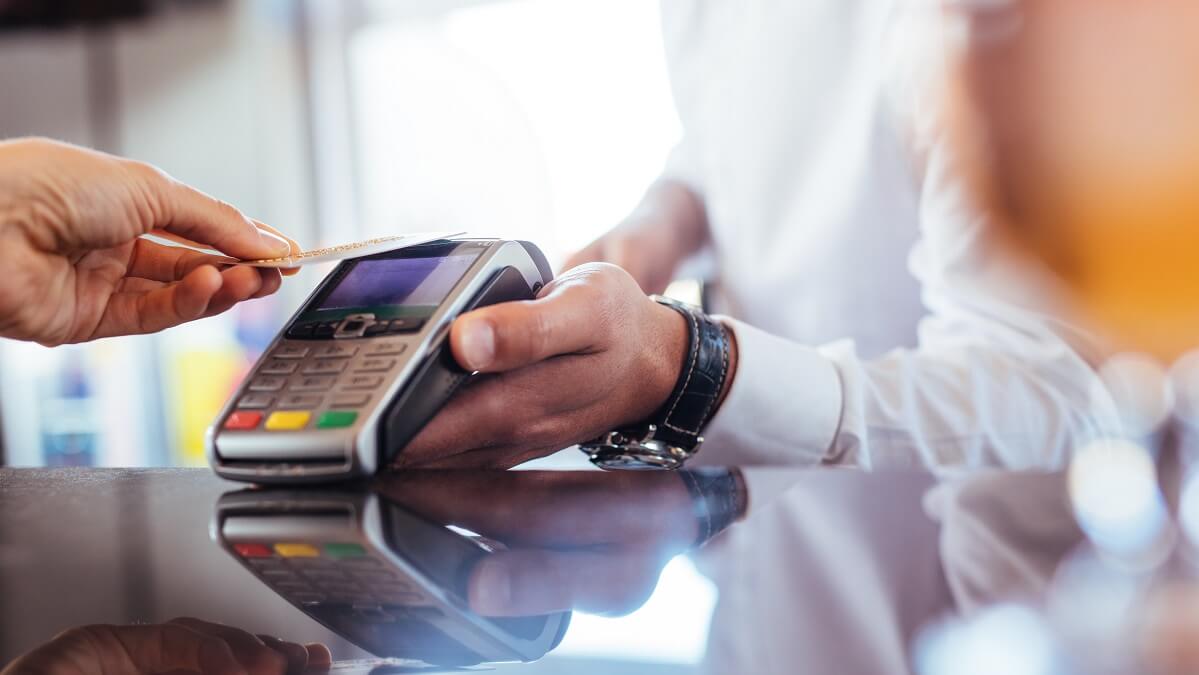As cash is becoming a habit of the past, are retailers and businesses taking advantage of our preference for cards?
Well, the short answer is yes.
The Reserve Bank of Australia has released a report, The Evolution of Consumer Payments in Australia, which found there was a 77 per cent increase between 2019 and 2022 in the number of payments by credit and debit cards that included a surcharge.
But, it’s all perfectly legal, up to a point.
According to the Australian Competition and Consumer Commission (ACCC), businesses can charge a surcharge for using a card, but the surcharge must not be more than what it costs the business to use that payment type.
Prove the cost
Businesses must be able to prove the cost the surcharge is based on and if there is no other way to pay that does not incur a surcharge, the surcharge must be included in the displayed price.
For example, you rock up to your local coffee shop, which only accepts cards. Your lovely morning coffee is $5 and is clearly priced as $5 on an artistic chalkboard above the register, but when you go to pay, a surcharge has been added and your coffee is now $5.15. That is illegal. If your only method of payment is with a card, the whole $5.15 needs to be made clear and displayed.
Businesses also can’t call a surcharge something else.
The ACCC gives the example of a business that only charges a ‘service fee’ or ‘handling fee’ for some payment methods. It’s probably a surcharge by another name, so the ban on excessive surcharges applies.
Payment provider Tyro reports, not surprisingly, that hospitality is by far the biggest supporter of surcharges, with 26 per cent of venues applying them, followed by the service industry at 11 per cent and retail at 8 per cent.
Tyro attributes hospitality’s high uptake of payment surcharges to historic pricing tactics.
Renowned for add-ons
“The hospitality industry is renowned for having add-on charges such as tipping and delivery fees, so consumers are already accustomed to them and are unlikely to kick back at another one, like an EFTPOS surcharge,” the report stated.
“In most cases, customers anticipate these extra costs as part of their overall experience. This expectation makes it simpler for hospitality businesses to adopt surcharging practices without significantly increasing the likelihood of deterring customers.”
The government’s ban on excessive surcharges applies to EFTPOS and credit, debit and prepaid Mastercard and Visa cards.
It does not cover BPay, PayPal, Diners American Express cards issued by American Express and taxi fares.
You can still report concerns about a surcharge to the relevant financial provider and questionable taxi fare surcharges can be reported to the state or territory taxi industry regulator.
The RBA claims the following is the average cost of providing payment types:
- Eftpos: less than 0.5 per cent
- Visa and Mastercard debit: between 0.5 per cent and 1 per cent
- Visa and Mastercard credit: between 1 per cent and 1.5 per cent
If you believe a business is unfairly applying surcharges, you can make a report to the ACCC here.
Do you prefer cash or paying by card? Why not share your opinion in the comments section below?
Also read: New scam relies on our lazy online habits


Nearly all business that has a card surcharge sets the rate at around 2% so based on this article nearly every business is breaking the law.
This is the reason that I use CASH over card!
There is no surcharge for using cash, and for me it’s easier to use than cards.
If a sign in a business says ‘We are cashless’, then I turn around and walk out. If they don’t want my cash, then they can lose my business.
Actually, cash never loses it’s value, whereas using cards there’ll always be loss of value, as you’re slugged a charge, and the next person who uses that credit, they’ll be slugged a charge, too, etc. Your bank balance will also be healthier if you don’t use cards for everything.
My mantra is CASH IS KING!
There’s a Facebook page called ‘CASH IS KING’, so if you’re interested in keeping cash around, then join the group.
Services NSW should NOT charge a card fee as this is their only accepted form of payment. They should either have the facilities to accept cash or allow you to make a direct deposit into their bank account.